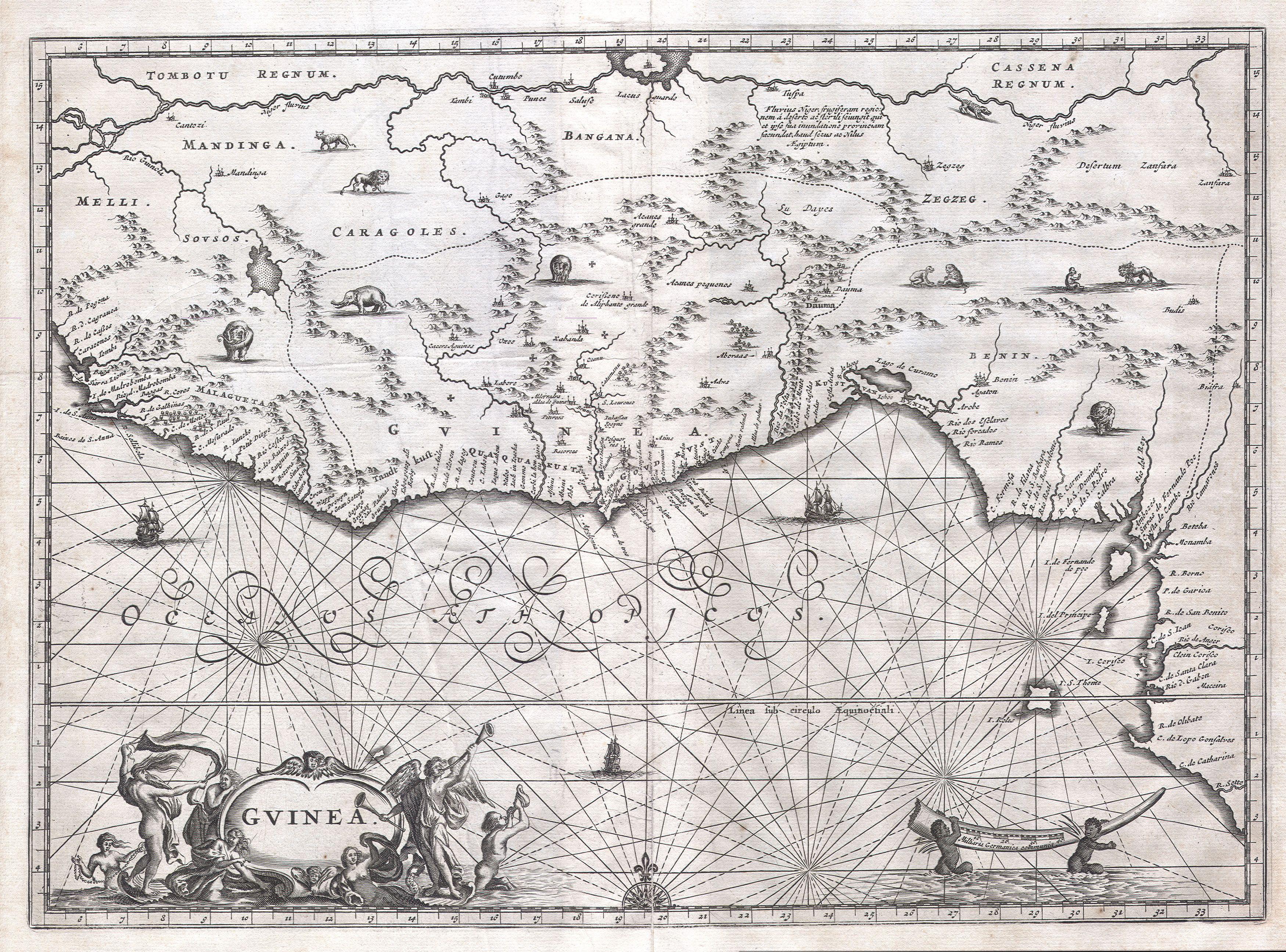What can the PM learn from the past ahead of his visit to the West Indies to acknowledge “an important part” of Denmark’s history
The centenary celebrations of the sale of Denmark’s Caribbean colonies are an opportunity for the country to confront a part of its past that many people would rather ignore or forget about.
On 31 March this year it will be exactly 100 years since Denmark formally sold the islands of Saint Thomas, Saint Croix and Saint John to the United States for 25 million dollars in gold.
To mark the occasion, Prime Minister Lars Løkke Rasmussen will visit the former colony because, as he said, the islands constitute “an important part of Denmark’s history”.
“By taking part in the commemoration, I look forward to meeting people and politicians on the island and showing our respect for them and history,” said Rasmussen in a press release.
A lucrative business
However, the relationship between Denmark and its former colonies has become more uneasy of late. During the period of Danish rule, around 100,000 slaves were taken from Africa to work in the former colonies. Denmark was the seventh-largest slave-trading nation, and a number of prominent Danish families made a great deal of money from this unsavoury business.
In recent years there have been calls for the Danish state to make some sort of official apology regarding slavery, and also to pay compensation. These have become more frequent, as several other former slave-trading nations have in fact done so, albeit usually with some reservations attached.
Blairly an apology
On 27 November 2006, the then British prime minister, Tony Blair, made a partial apology for Britain’s role in the African slavery trade.
However African rights activists denounced it as “empty rhetoric” that failed to address the issue properly. They felt that his apology stopped short to prevent any legal repercussions.
Blair went on to apologise again on 14 March 2007.
Still US and them
And then in 2009, the US Senate approved a resolution apologising for slavery and the segregation of African-Americans.
While the senate resolution acknowledged that an apology for centuries of wrongdoing could not erase the past, it said a “confession of the wrongs committed and a formal apology to African-Americans will help bind the wounds of the nation that are rooted in slavery, and can speed racial healing and reconciliation, and help the people of the United States understand the past and honour the history of all people of the United States.”
However, some people were upset by the last lines of the resolution that include a disclaimer: “Nothing in this resolution – A) authorises or supports any claim against the United States; or B) serves as a settlement of any claim against the United States.”
The only African-American in the Senate, the democrat Roland Burris, argued that the disclaimer should not prohibit the future congressional action on the issue of reparations.
A sort of apology
Up until now, Denmark has resisted making any formal apology – one of the reasons given being the fear of opening up the government legally to open-ended compensation claims.
Back in 1998, the former foreign minister, Niels Helveg Petersen, said: “I cannot see what’s right about people who have had nothing to do with slavery apologising to people who haven’t experienced slavery.”
However, in his new year message, the PM went as far as describing the period as “shameful” and a “terrible chapter in our history”, but stopped short of an official apology.

Neat triangles
The ownership of the islands has had a rather chequered history. In 1672, the Danish West India Guinea Company annexed the uninhabited island of Saint Thomas, followed by Saint John in 1675. Saint Croix was then purchased from the French West India Company in 1733.
When the company went bankrupt in 1755, King Frederik V of Denmark and Norway assumed direct control of the three islands. Later, during the Napoleonic Wars, the Danish West Indies were occupied by Britain from 1801-1802 and 1807-1815.
The raison d’être of the colony was primarily to exploit triangular trade involving the export of firearms and other manufactured goods to Africa in exchange for slaves, who were then transported to the Caribbean to work on the sugar plantations. The final part of the triangle was the export of sugar and rum to Denmark.
Silvery grey linings
It must also be admitted that in 1792 Denmark became the first country in the world to pass a law forbidding the slave trade. However, this did not extend to the owning of slaves in the former colonies – just the transportation of slaves.
It was only in 1848 that slaves were finally set free. Indeed, when slavery was finally abolished, many plantation owners demanded compensation on the grounds that their assets were damaged by the loss of the slaves and because they would have to pay for labour in the future. Recognising that the release of the slaves had caused financial hardship to the owners, the Danish government paid 50 dollars for every slave the plantation owners had owned.
So it will be interesting to see how Rasmussen handles the situation on March 31 and whether he will take this opportunity to make the formal apology that a number of people in the former colonies would like.













